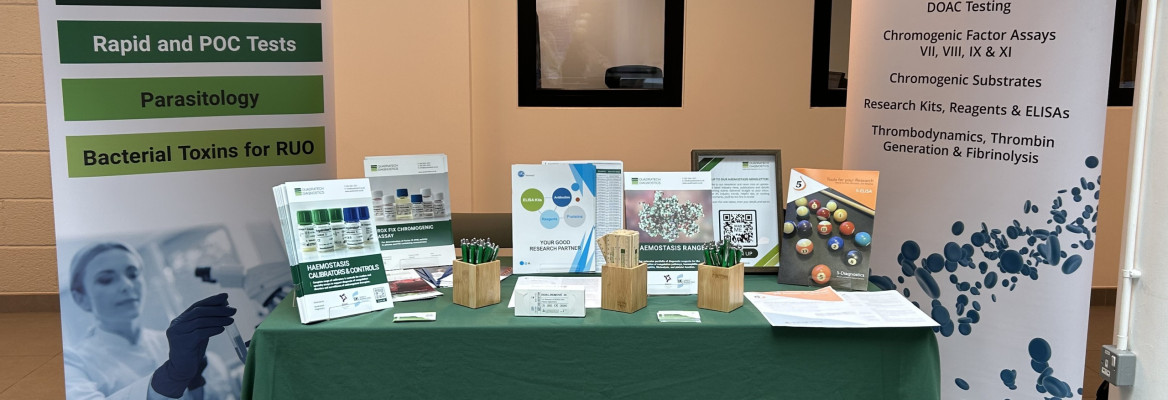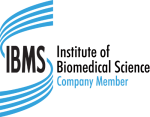
UK NEQAS for Laboratory and Clinical Haemostasis 2025 Reflections
UK NEQAS for Laboratory and Clinical Haemostasis 2025: Key Takeaways and Reflections by Quadratech Diagnostics Team
In June, we were delighted to sponsor UK NEQAS Blood Coagulation Annual Scientific Meeting in Sheffield. We truly valued the opportunity to meet with our existing customers and to welcome new participants interested in our diagnostic solutions.
The two-day event, organised by the UK NEQAS for Blood Coagulation, brought together international haemostasis experts to discuss the latest on clinical and laboratory research, alongside providing practical advice on the routine laboratory testing and external quality assurance (EQA) in blood coagulation. We thoroughly enjoyed the insightful presentations and discussions on clinical and laboratory haemostasis. Here are some of the key topics and our takeaways from the meeting.
Evolving haemophilia treatment landscape and diagnostic algorithms
Haemophilia prophylaxis and treatment is evolving, expanding range of options available to patients, including long-acting recombinant factors, non-factor replacement therapies (such as bispecific antibodies, rebalancing agents), and gene therapy. While the new modalities enhance the standard of care by reducing treatment burden and improving quality of life, they often require more complex laboratory monitoring and testing algorithms. The talks highlighted the variability among commercially available one-stage clotting and chromogenic assays, underscoring the need for standardisation and use of drug-specific calibrators to improve the accuracy.
Challenges in clinical and laboratory diagnosis: APS and TPP
The intricacies of diagnosing and managing complex coagulopathies were discussed, with talks highlighting the ongoing challenges in accurately diagnosing and managing antiphospholipid syndrome (APS) and Thrombotic Thrombocytopenic Purpura (TPP), which often present overlapping symptoms with other cardiovascular and autoimmune diseases.
- The APS diagnosis relies on a combination of clinical manifestations and positivity for antiphospholipid antibodies (lupus anticoagulant, anti-cardiolipin, anti-β2 glycoprotein I) on 2 or more occasions at least 12 weeks apart. The APS diagnostic complexity is often compounded by reagent variations, interlaboratory variability, timing of the testing, and anticoagulant interference. The talks discussed ongoing harmonisation efforts for lupus testing and mitigation strategies, including use of anticoagulant neutralisers (such as DOAC-Remove).
- TPP, a rare life-threatening condition caused by ADAMTS13 deficiency, is often misdiagnosed. The talks emphasised the importance of rapid and accurate ADAMTS13 testing, providing an overview of different testing platforms (antigen, activity, antibody) and comparison of commercially available assays.
The power of Quality Assurance
The UK NEQAS ASM 2025 emphasised the key role of External Quality Assurance Schemes (EQAS) in ensuring reliable and comparable test results across laboratories. Presentations and posters demonstrated how robust EQAS programmes help identify systematic errors, reduce inter-laboratory variability, and ensure that laboratories are meeting the international standards. Independent performance assessment and third party controls help validate the accuracy of test results, particularly as new and complex assays accompanying novel treatment modalities become more commonplace.


